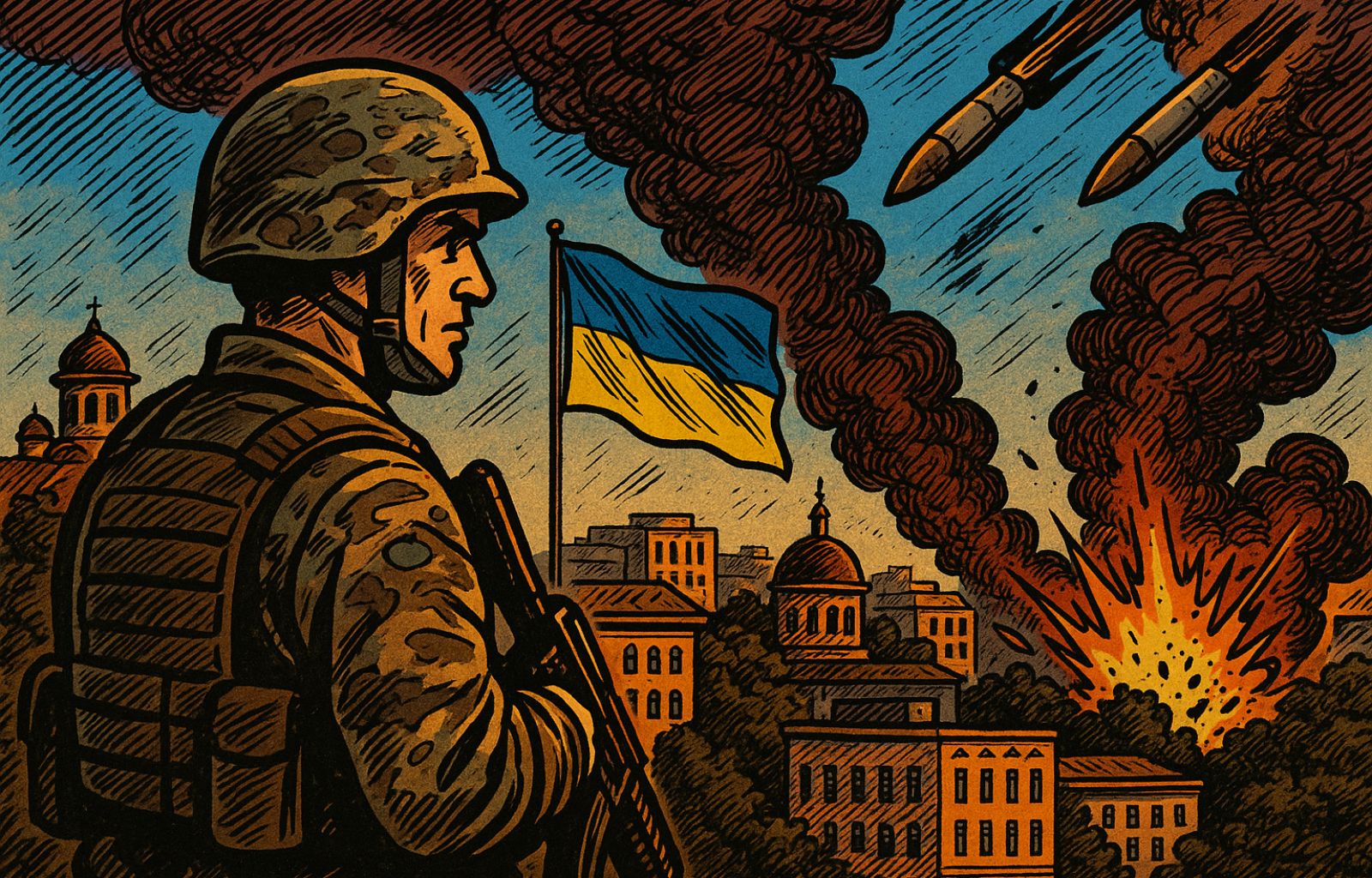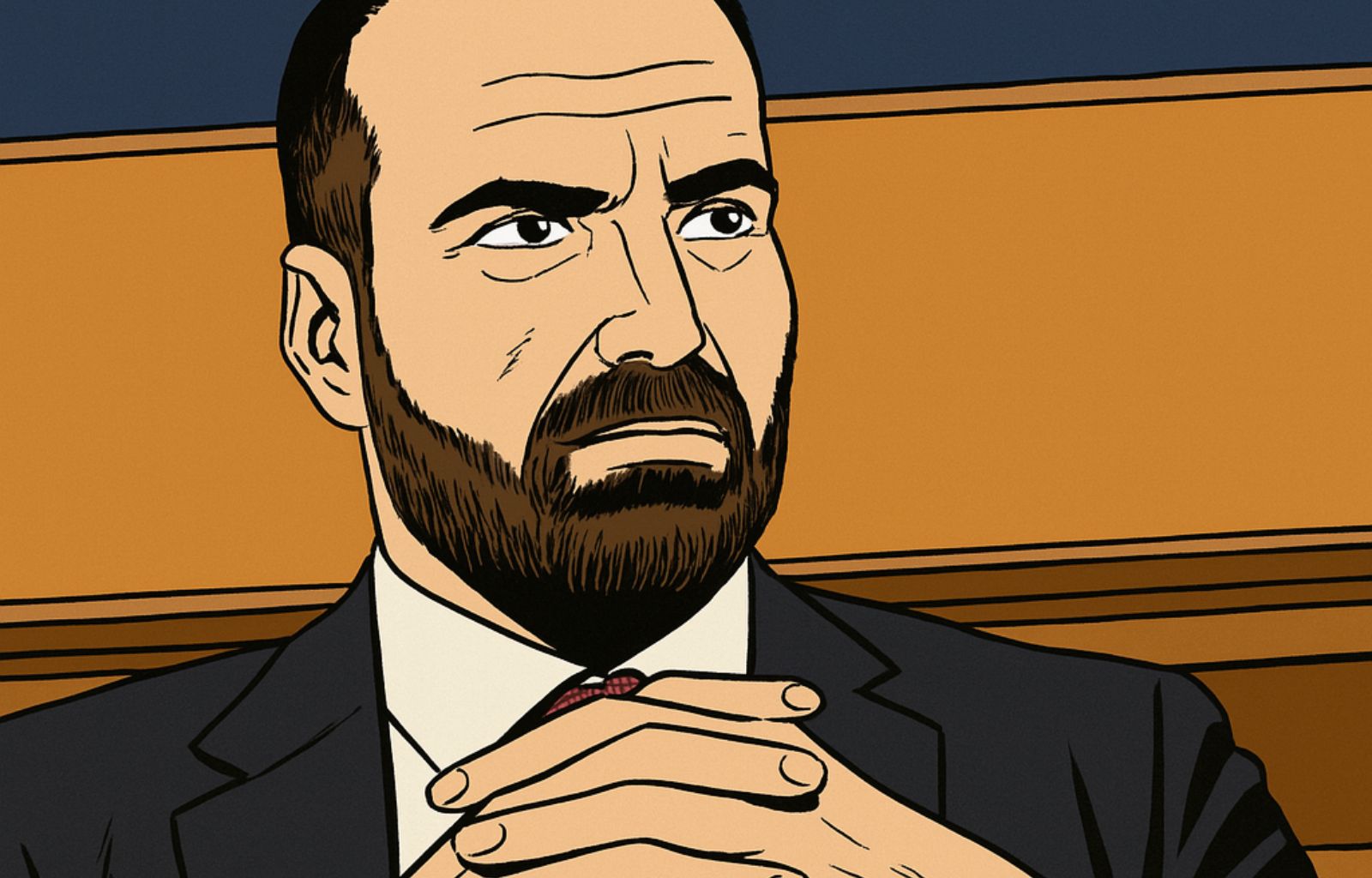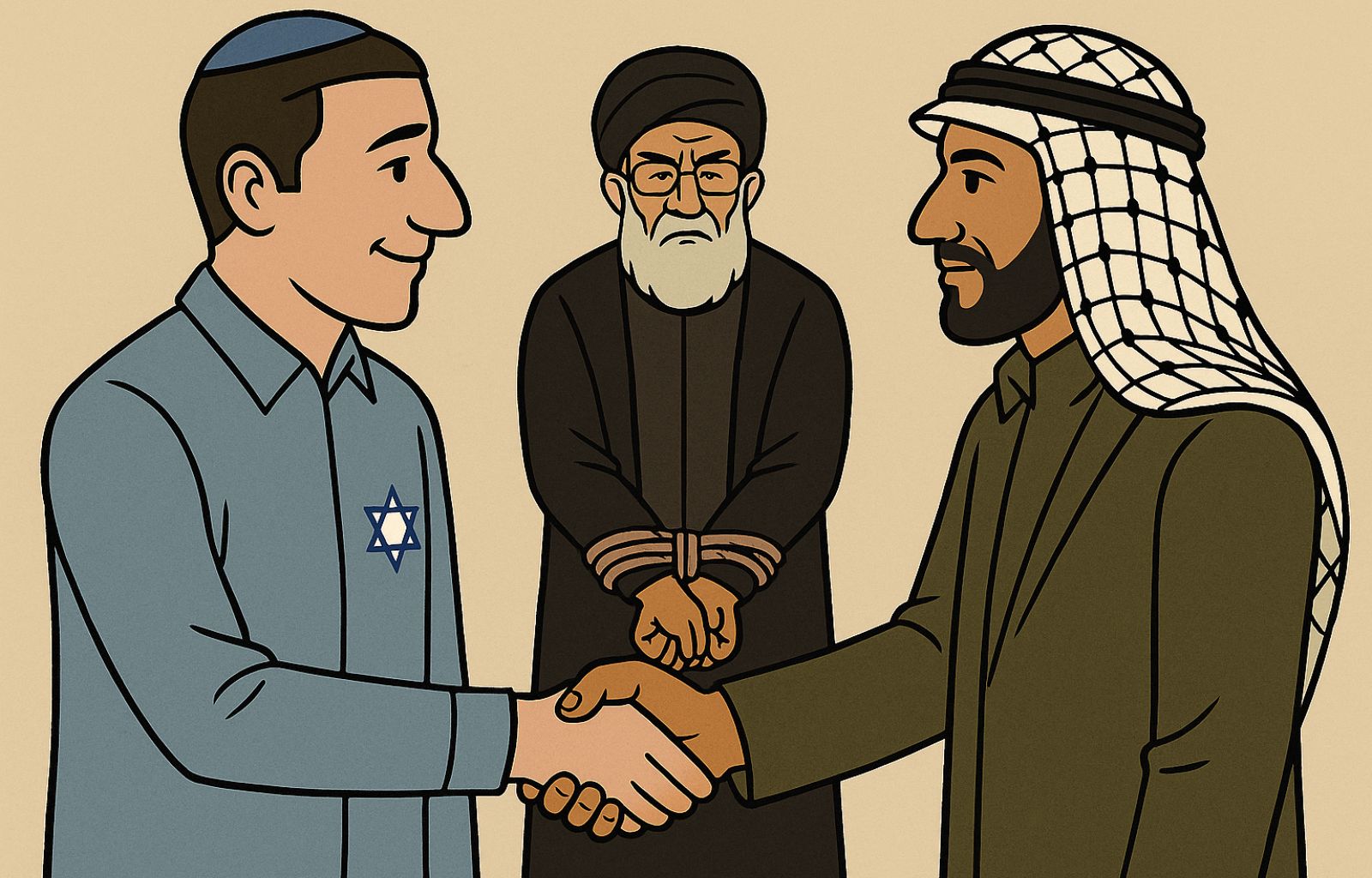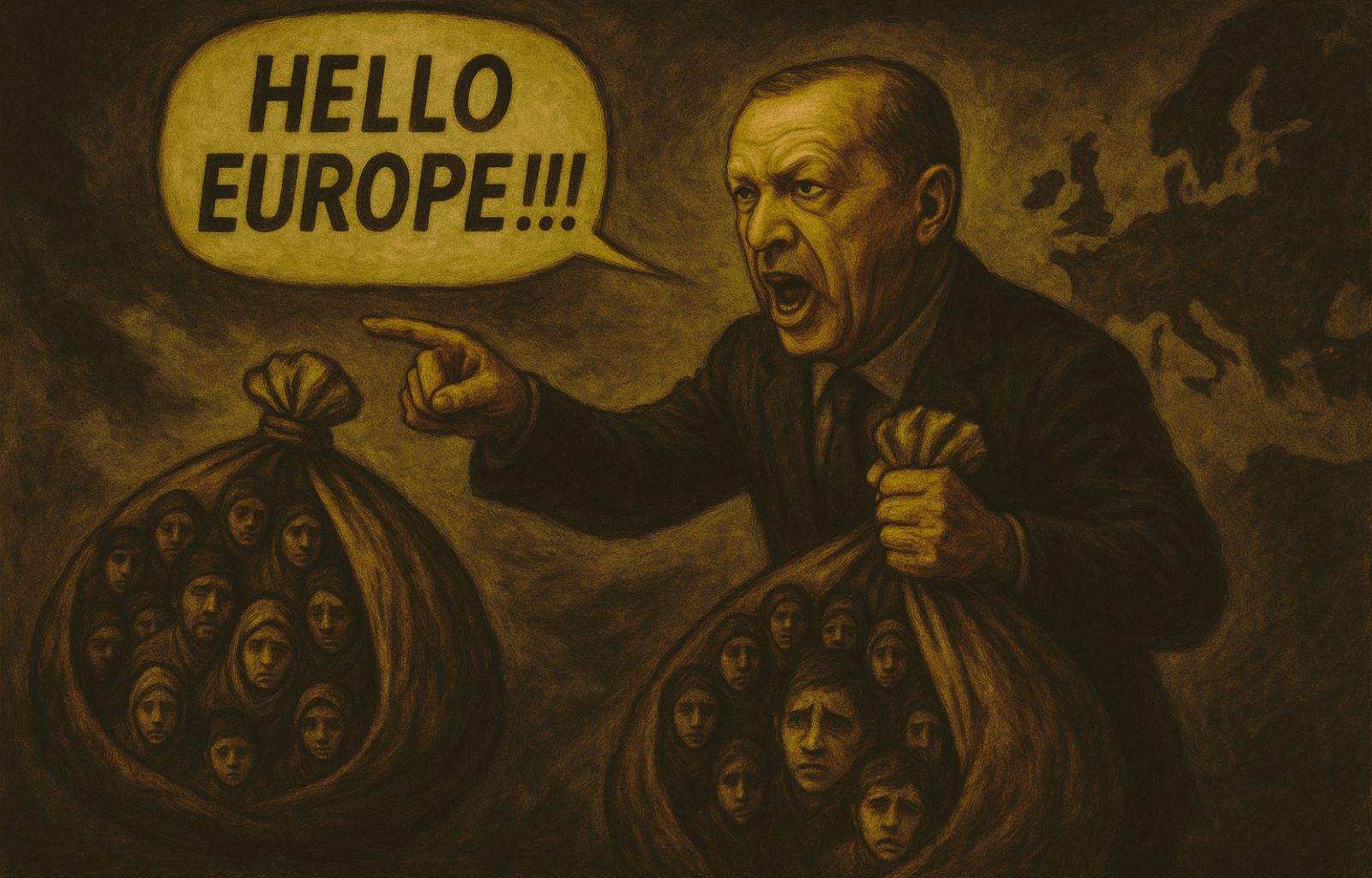Hamas’ rhetoric of martyrdom and Netanyahu’s indifference hold together
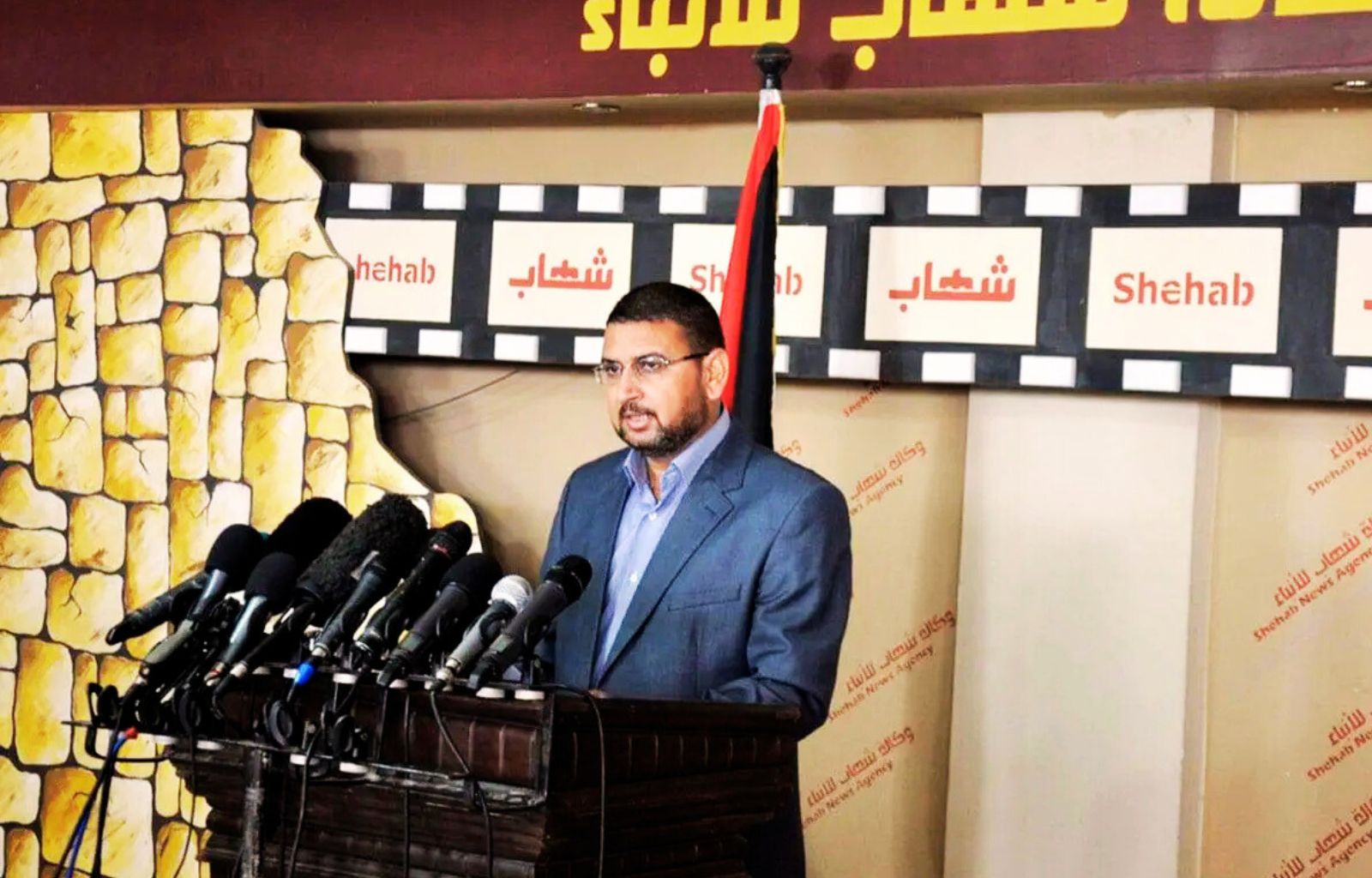
Let us start from a premise: we express our full solidarity with the people of Gaza, victims of a humanitarian crisis of dramatic proportions. The restrictions imposed by the Israeli government led by Benjamin Netanyahu, which continues to obstruct access to humanitarian aid, are a serious violation of international law and the most basic principles of humanity. But precisely because we believe in the universal value of life and the dignity of every human being, we feel it is also our duty to denounce the language and choices of those who, like Hamas, seem to want to turn the suffering of civilians into a permanent element of their political strategy.
The two are not mutually exclusive: they hold together, in the same moral compass that rejects indifference and instrumentalisation.
In this context of deep suffering and bewilderment, recent statements by Sami Abu Zuhri, Hamas leader in exile, have reopened a deep wound in the heart of Gaza. “The dead will be replaced by births,” he said in a recent television interview, adding that “numbers in war are irrelevant” because “our women will give birth to many more martyrs“. Words that shook a population already exhausted by months of bombardment, hunger, destruction and bereavement.
This is not just an unfortunate phrase: it is the expression of a vision that reduces life and death to mere propaganda tools. And it is precisely from Gaza that the clearest response has come: a chorus of voices has risen on social media to reject this logic. ‘We are just fuel for their wars,’ someone writes. It is a protest that breaks the silence, and one that should be listened to carefully.
When death becomes political language
The rhetoric of martyrdom is nothing new in Hamas speeches, but at a time like this, Abu Zuhri’s words seem particularly distant from people’s experience. Faced with over 35,000 dead (according to local sources), a humanitarian crisis that has brought an entire society to its knees, talking about replacing corpses with new births risks dehumanising both the living and the dead.
This is not just an ethical issue. It is a political issue: because the more the leadership insists on a language of perpetual sacrifice, the more it distances itself from the reality of its people. Human life, reduced to a statistical function, loses its unrepeatable dignity. And this, many in Gaza are making clear.
The distance of leadership and the price of civilians
Abu Zuhri does not live in Gaza. His words come from afar, from an existence sheltered from bombs and hunger. And it is also this physical distance that amplifies the sense of division between those who lead and those who bear the consequences. In Gaza, people struggle to survive, to find water, care, electricity. Those who speak of future martyrs from a safe place do not seem to share the daily pain of their people.
This is not a new controversy, but today it is more visible than ever. The Hamas leadership appears increasingly entrenched in a language that no longer corresponds to the human urgency of those who have lost children, homes, hopes. When survival becomes the only horizon, any discourse that justifies death sounds like a betrayal.
Birth as a weapon: the rhetoric of demographic warfare
Abu Zuhri’s reference to the ‘50,000 children born during the war’ opens up another sensitive issue. The idea that reproduction can be used as a form of resistance is present in many ideological narratives, not only Islamist. But when birth is loaded with war meanings, it is women, children, and families who lose out. Birth becomes a weapon, no longer a right.
This kind of rhetoric shifts the focus from the person to the people, from affection to function. Motherhood is turned into a militant act, the family into a cog in a permanent conflict. It is a vision that deprives new generations of the most fundamental right: that of being born to live, not to fight.
Voices calling for dignity
The anger emerging from Gaza is proof that there is a part of Palestinian society that does not recognise itself in the official Hamas narrative. A part that desires peace, dignity, a future. And it is precisely this voice, often stifled by internal censorship and external indifference, that Europe should strive to hear.
Defending Palestinian rights cannot mean ignoring the responsibilities of their own leadership. At the same time, criticising Hamas must not become an excuse to justify every choice of the Israeli government. What is needed is a more balanced vision, capable of distinguishing, understanding, building.
Numbers matter, because people matter
Abu Zuhri said that ‘numbers do not matter’. But they do not. Numbers do matter: not as cold statistics, but as faces, stories, interrupted lives. Each figure represents an existence that deserved to be lived. And every new birth deserves a horizon of peace, not a fate marked by war.
Putting the person back at the centre is the first step out of a narrative that instrumentalises death and trivialises life. It is the starting point for rebuilding a political culture that does not ask for sacrifices, but offers a future. And perhaps, today more than ever, this is the courage we need: to call every life by name, and to restore dignity to it.






